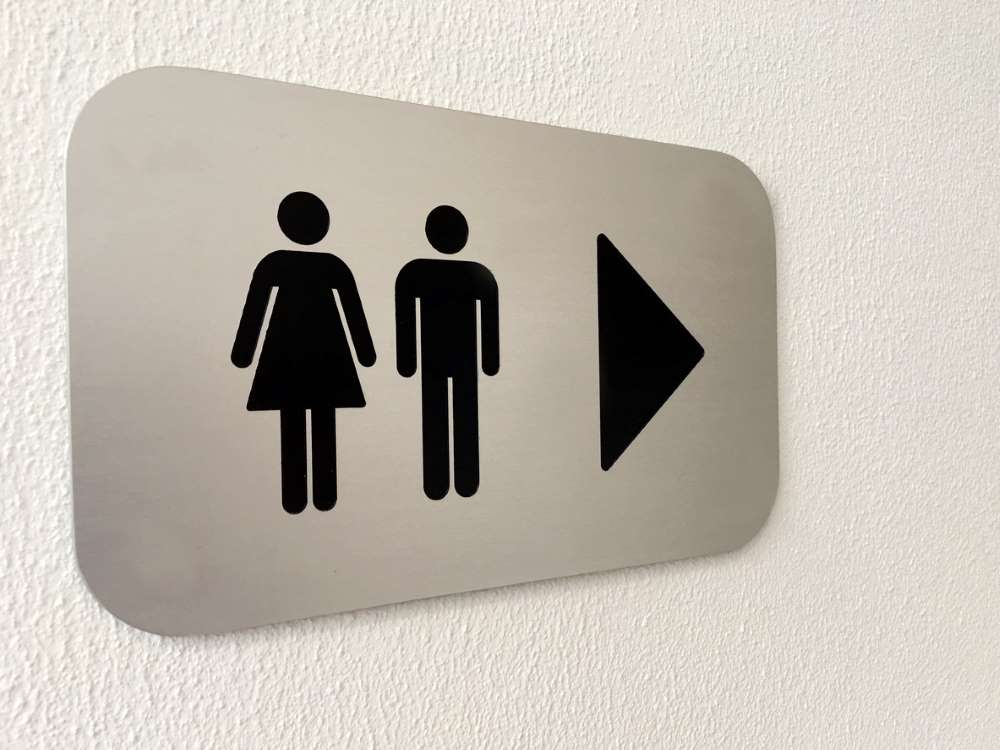
If you have a family member who is dealing with a weak bladder, there are some things that you can do in order to help them. First and foremost, it is important to make sure that they are drinking plenty of fluids throughout the day. This will help to keep their bodies hydrated and will also help to prevent any further damage to their bladder. Here are some other tips on how to help your family member deal with a weak bladder.
1. Incontinence supplies
One of the best ways to help your family members deal with a weak bladder is to make sure that they have access to incontinence supplies. This includes things like pads, diapers, and other absorbent materials. This will allow them to keep their bladder from leaking and will also help to protect their clothing. You can buy incontinence supplies online or at your local pharmacy. Additionally, there are many support groups that can help you to find the supplies that you need. If you are not sure where to start, you can always ask your doctor for a recommendation.
2. Kegel exercises
Kegel exercises are another great way to help your family member deal with a weak bladder. These exercises are designed to strengthen the muscles around the bladder, which can help to prevent incontinence. There are many different ways to do Kegel exercises, and you can find instructions online or from your doctor. Additionally, there are many devices that can be used to help with these exercises, such as pelvic floor muscle trainers. It's important to make sure that you are doing these exercises correctly in order to avoid any further damage to the bladder.
3. Bladder training
Bladder training is another great way to help your family member deal with a weak bladder. This involves slowly increasing the amount of time that they can hold their urine before going to the bathroom. This will help to train their bladder muscles and will eventually help to reduce incontinence. Bladder training should be done under the guidance of a doctor or other medical professional. Additionally, there are many resources available online or at your local library that can help you to learn more about this method. This type of training can take several weeks or even months, but it is often very successful.
4. Medication
There are many different types of medication that can be used to help your family member deal with a weak bladder. The most common type of medication is called anticholinergic. This type of medication works by blocking the nerve signals that tell the bladder to contract. This can help to reduce incontinence and can also help to prevent further damage to the bladder. There are many different types of anticholinergic medication available, and you should speak with your doctor in order to determine which one is right for your family member.
5. Surgery
In some cases, surgery may be necessary in order to help your family member deal with a weak bladder. There are many different types of surgery that can be used, and the type that is right for your family member will depend on the severity of their condition. Additionally, there are many risks associated with surgery, and you should speak with your doctor in order to determine if this is the right option for your family member. Surgery is often successful in treating incontinence, but it is important to remember that it is the last resort option.
6. Support groups
There are many different types of support groups available for families who are dealing with incontinence. These groups can provide valuable information and support. Additionally, they can be a great place to meet other families who are dealing with the same issues. You can find support groups online or through your local community center. Additionally, there are many national organizations that offer support groups. If you are unsure of where to start, you can ask your doctor or a local incontinence organization for a list of support groups in your area. It's important to remember that you are not alone in this journey. There are many families who are dealing with the same issues.
There are many different ways to help your family member deal with a weak bladder. These methods can be used alone or in combination with one another. It's important to speak with your doctor in order to determine the best course of treatment for your family member. Additionally, there are many resources available to help you along the way. You are not alone in this journey.



























